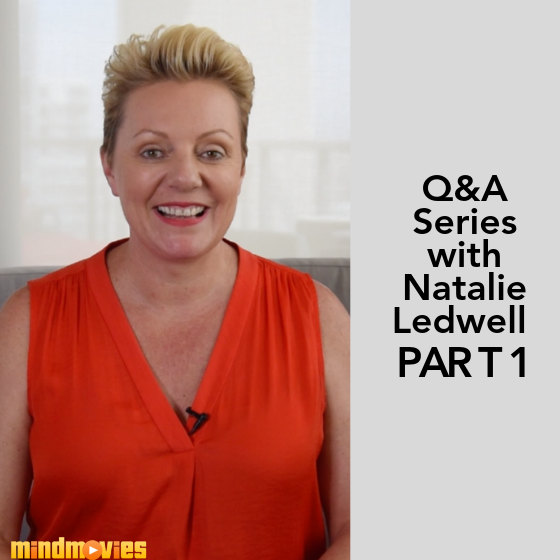Imagine for a moment you could free yourself from 1 bad habit… what would it be?
As a personal growth coach and lifelong learner, I’ve asked this question to many of my friends and students, and the resounding response is the same:
Procrastination.
There are many solutions out there to overcome procrastination, for example: creating to-do lists, rewarding yourself, and breaking big tasks into smaller ones. All of these can be very effective IF you know you’re procrastinating.
But what happens when you’re not aware of it? Did you know there are subtle ways in which we unconsciously block our productivity?
Here are 4 sneaky ways you may be procrastinating without even knowing it and what to do about it.
Perfectionism.
Perfectionism is often seen as a positive trait. People view it as being super meticulous or diligent. But let's be honest, sometimes it’s just another disguise for procrastination.
Sometimes, these positive labels are used to justify behavior that ends up being self-destructive.
This pursuit of perfection can leave us feeling frustrated and disconnected, and it can mess with our sense of self-worth and confidence.
Are we stalling on completing something because we're afraid it won't be perfect? Is that fear of failure holding us back?
Instead of striving for perfection, how about focusing on making progress ? It's all about taking the first step forward, even if it's not flawless.
Remember you don't have to be perfect; you just need to be better than you were last time.
The Busy Bee Syndrome.
Constantly checking emails, social media, reading motivational books, attending seminars, or endless research…
These are all examples of how we often pretend to be busy instead of being productive.
While there’s no doubt that studying, planning, and doing research are extremely valuable tools in any project…
They can sometimes turn into a sneaky form of procrastination because of fear.
The fear of not being good enough or the fear of facing uncertain outcomes.
But guess what? We don't need to know everything before we begin. It's okay to embrace a bit of uncertainty.
The key here is, to be honest with yourself by asking:
“Is my planning, studying, and research genuinely necessary to make progress, or am I just using it as an excuse not to start?”
Do enough of the prep work to get started and feel confident, but don't let it hold you back from taking that first step.
Remember, progress often comes from action, not just endless planning or research.
Identifying important tasks and prioritizing them based on urgency and impact can help you prevent the busy bee syndrome and focus on what truly matters.
Analysis Paralysis.
Another sneaky way you may be procrastinating without even realizing it is through constant analyzing, worrying, and rumination.
It’s those moments when you get caught up in destructive thoughts – doubting yourself, and ultimately, damaging your self-esteem.
The key to breaking this pattern is to start by asking yourself why you indulge in this rumination in the first place.
What need is it fulfilling for you? It's essential to dig deep and understand why you tend to get stuck in your thoughts.
Sometimes, overanalyzing or overthinking gives us a false sense of comfort. It allows us to avoid taking action and facing the risk of failure . It's like a protective shield we put up to avoid potential setbacks.
To overcome this vicious cycle and stop using it as a form of procrastination, try these prompts:
1. Identify Triggers: What situations or thoughts trigger your rumination? Recognize the patterns that lead you into this cycle.
2. Question the Purpose: Ask yourself why you engage in rumination. What need does it fulfill? Is it protecting you from something, or does it provide a false sense of control?
3. Challenge Negative Thoughts: When negative thoughts arise, question their validity. Are they based on facts or assumptions? Replace them with positive and empowering affirmations.
4. Set Time Limits: Allocate specific time slots for reflection and problem-solving, so rumination doesn't consume your entire day.
5. Mindfulness Techniques: Practice mindfulness to bring your focus to the present moment and prevent your mind from wandering into rumination.
Remember… REAL productivity is not about consuming motivational content for hours without taking action; it's about channeling that inspiration into tangible steps that produce real results.
Now, if you're ready to cut through the noise and start taking meaningful action, I invite you to join me and John Assaraf in our upcoming masterclass:
It’s called: How To End Procrastination And Self-Sabotage Forever - And Rewire Your Brain For Unlimited Success .
During this online event, first, you’ll discover the REAL reason why we tend to procrastinate, and second-guess ourselves instead of taking action.
And then, John and I will teach you how to overcome these destructive inner traits for good!
Also, I will walk you through a live experience to rewire a self-sabotaging habit right there on the spot! So make sure to reserve your FREE spot while you still can !








